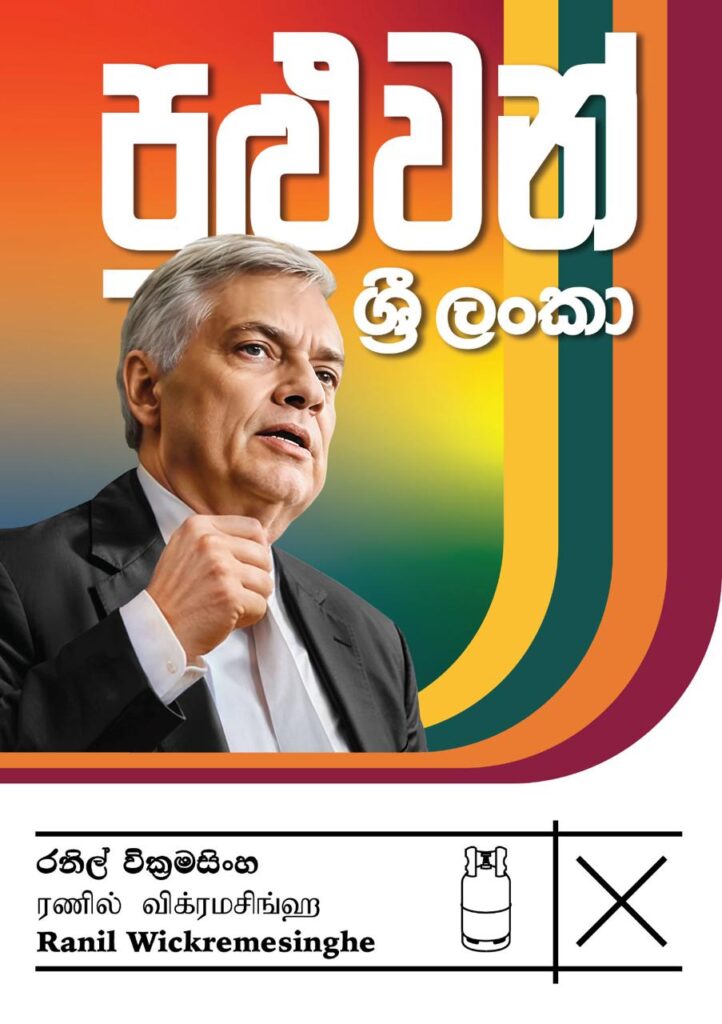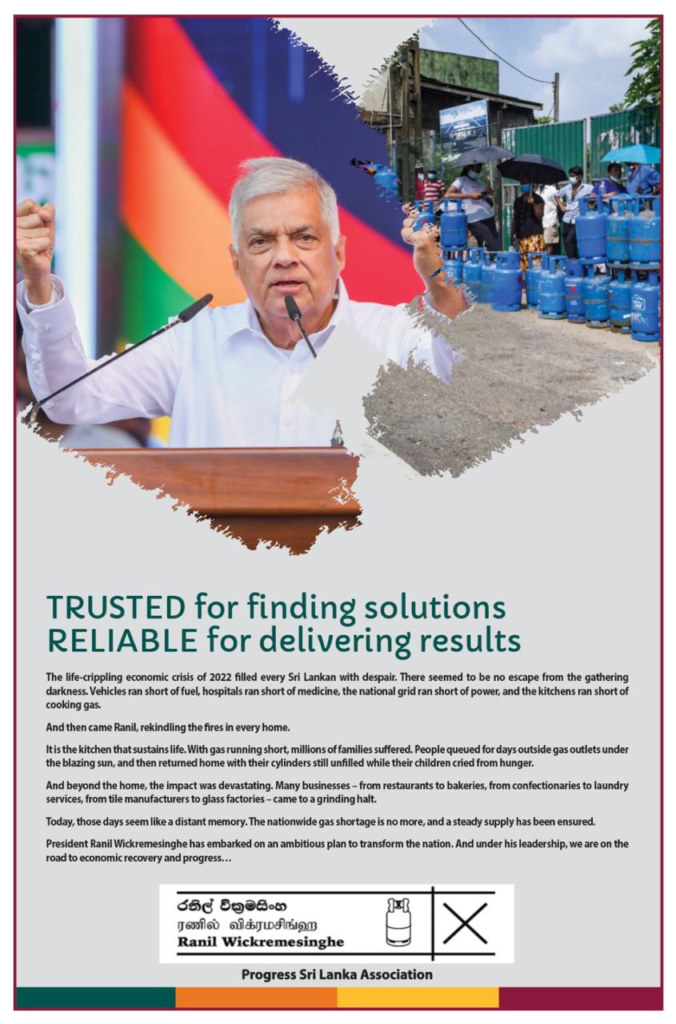September 21, Colombo (LNW): The minimum basic salary for private sector employees in Sri Lanka has been raised to Rs. 21,000, starting this month.
This change follows the recent passage of an amendment in Parliament, signed into law by Speaker Mahinda Yapa Abeywardena.
The Labour and Foreign Employment Ministry issued a statement detailing the new wage structure and its implications for both employers and employees.
According to the Ministry, the updated minimum wage must now be factored into the calculation of key employee benefits, including the Employees’ Provident Fund (EPF), Employees’ Trust Fund (ETF), and gratuity payments.
Private sector employers are now obligated to ensure that workers receive a minimum national monthly salary of Rs. 21,000.
This figure comprises a basic monthly wage of Rs. 17,500 and additional allowances totalling Rs. 3,500, as specified under the Budgetary Relief Allowances Acts of 2005 and 2016.
The journey to this wage adjustment reflects the evolving economic landscape in Sri Lanka. The National Minimum Wage Act No. 03 of 2016 initially set a national minimum wage of Rs. 10,000 per month for all private sector employees from January 1, 2016, with a daily wage of Rs. 400 for those on daily pay.
In 2021, amidst the economic downturn, the minimum wage was revised to Rs. 12,500 per month and Rs. 500 per day, effective from August of that year.
However, rising inflation and the cost of living have since put pressure on wages, leaving private sector salaries unchanged since the 2021 amendment.
This stagnation prompted extensive discussions at the National Labour Advisory Council, where the need for an increase became a focal point.
Following these deliberations, a proposal was put forward to raise the national minimum wage by Rs. 5,000—from Rs. 12,500 to Rs. 17,500—and to increase the daily wage by Rs. 200, bringing it from Rs. 500 to Rs. 700.
Subsequently, an amendment to the National Minimum Wage Act was drafted and presented to Parliament, gaining approval on September 3, 2024. With the Speaker’s signature, this legislative change has now come into force.




